Russia is moving to reform its migration system by scrapping work patents and tightening rules on the entry of migrant families, officials have announced.
The work-patent system has been central to Russia’s migration policy since 2010, when the government first introduced patents for foreign workers, especially those from Central Asia.
Patents were designed to legalize migrant employment while providing steady revenues to regional governments.
Today the system covers about 3 million workers, with roughly one-third employed in construction and housing and others working in food processing, manufacturing, agriculture, home help, transport and marketing.
Valentina Kazakova, head of the Main Directorate for Migration Issues at the Ministry of Internal Affairs, says that from January to May 2025 the federal budget received 63 billion roubles (about $693 million) in personal income tax from foreigners buying work patents — a 35% increase on the same period in 2024.
For the whole of 2024 migrants transferred 124 billion roubles (about $1.36 billion) to regional coffers. These payments are advance monthly payments made when migrants obtain patents and are paid directly into regional budgets.
During a meeting with leaders of the State Duma factions, President Vladimir Putin said the authorities were considering abolishing the patent system for migrant workers.
At the same session, Leonid Slutsky, the parliamentary leader of the Liberal Democratic Party, described the social pressure some regions say migration creates.
“If we visited what residents themselves call the ‘Khilok ghetto’ in Novosibirsk, we saw migrants living in unsanitary conditions. Antisocial behaviour, rudeness and immorality are widespread.
Our proposal is to limit the entry of migrant families without Russian citizenship. These huge families come in, their children create disorder in schools and queues in hospitals and social institutions. You came here to earn money — fine. But your big family has nothing to do here”. he said.
The government’s economic team has underlined that migration should remain primarily a short-term labour solution.
Speaking at the All-Russian Week of Occupational Safety, Maxim Reshetnikov, the Minister of Economic Development, underlined that the idea that migration should remain temporary and transactional:
“If we develop under labour shortages, then of course, in some situations, we will need to attract migrants. But the principle should be: come, work, leave.
They earn money here and then go home. We do not need their families, and we are not obliged to educate their children. Therefore, the main task is to increase labour productivity.”
Meanwhile, the Ministry of Labour has proposed cuts to quotas for foreign workers in several industries. In construction the permitted share of migrant labour could fall from around 80% to 50%, while food services may face caps and sectors such as the retail trade in alcohol and tobacco could be closed to foreign workers altogether.
The measures are being presented to open opportunities for local workers and to reduce social pressure.
The number of foreign workers in Russia include roughly 800,000 the in construction, 350,000 in trade and manufacturing sector, 193,000 in logistics and warehousing industry, and 63,000 in agriculture.
As at 2025, the largest share of labour migrants by region in Russia came from Uzbekistan (23.3%), followed by Tajikistan (16.7%) and Kyrgyzstan (10.4%).
As proposed reforms gain traction, both the migrant workforce and the regions that rely on patent revenues could face significant challenges.
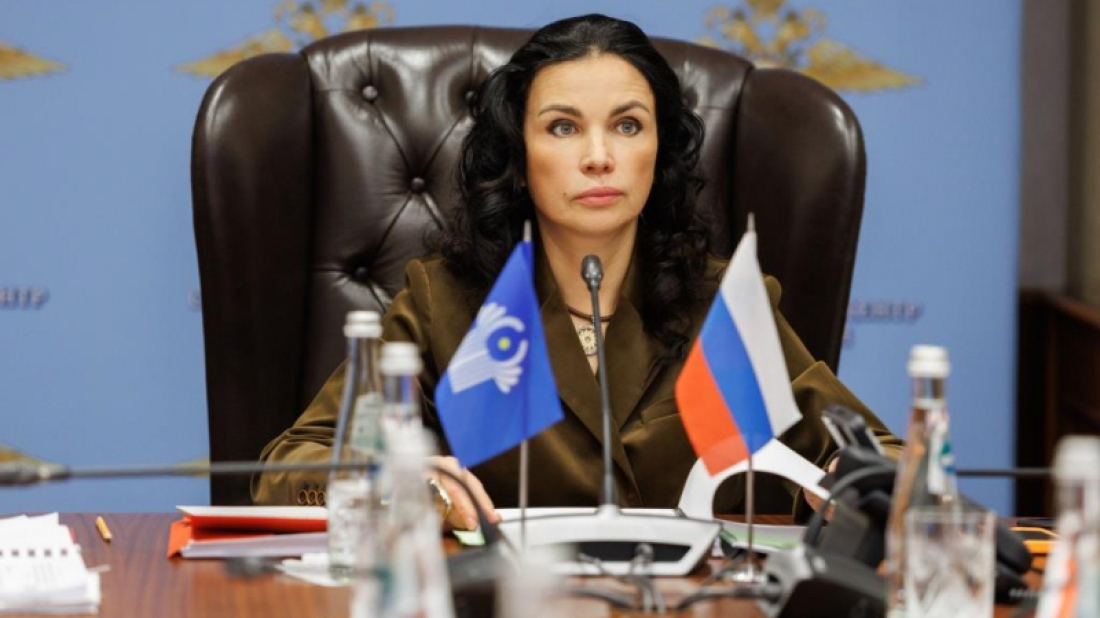
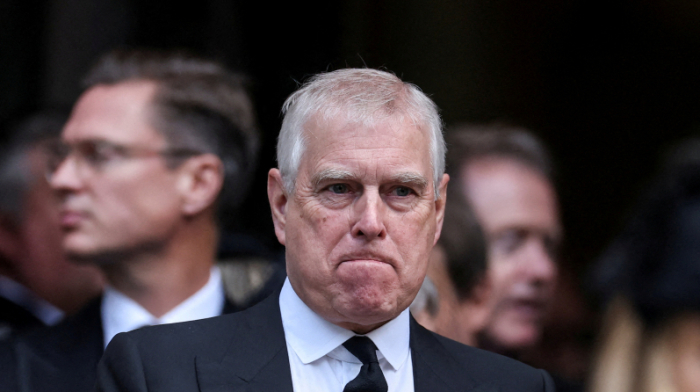
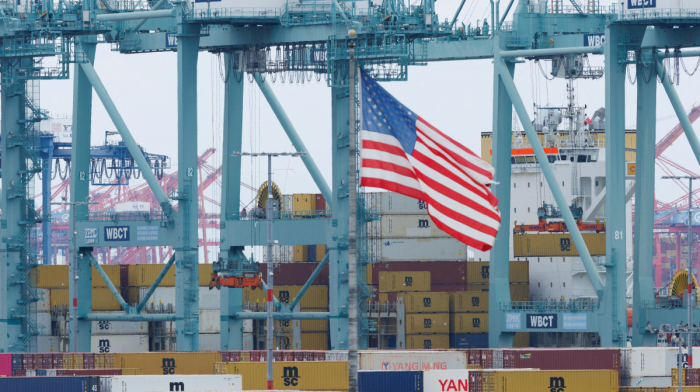
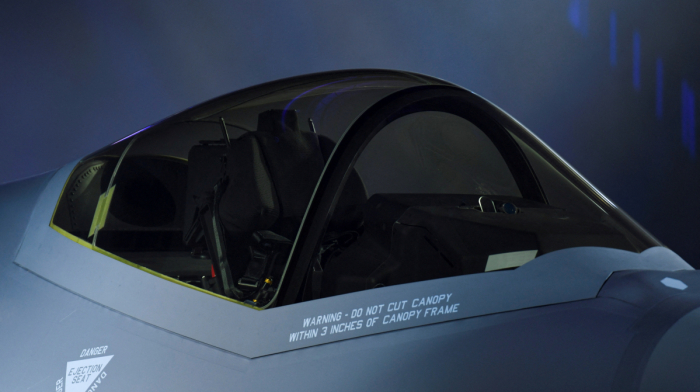
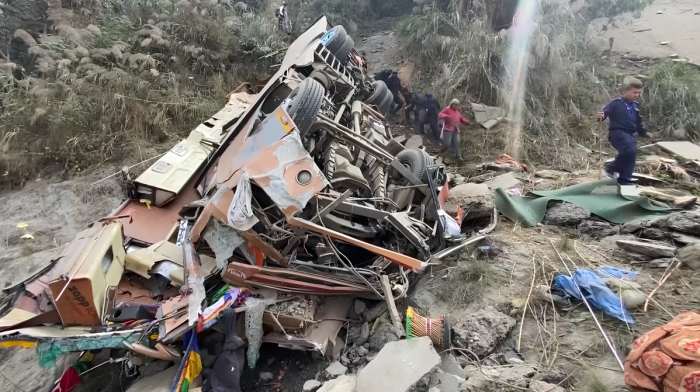
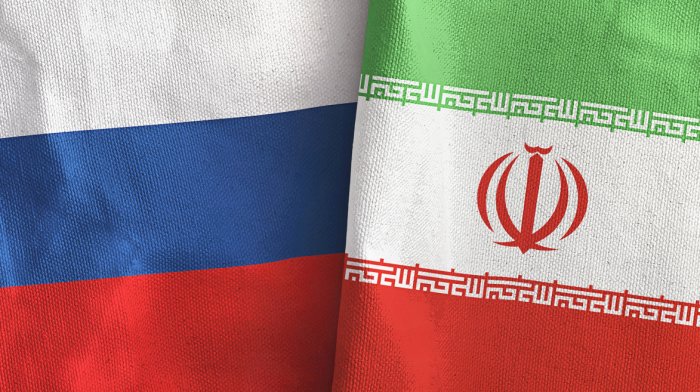

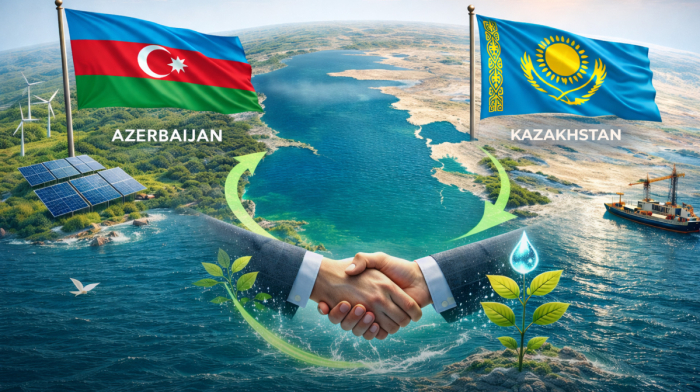
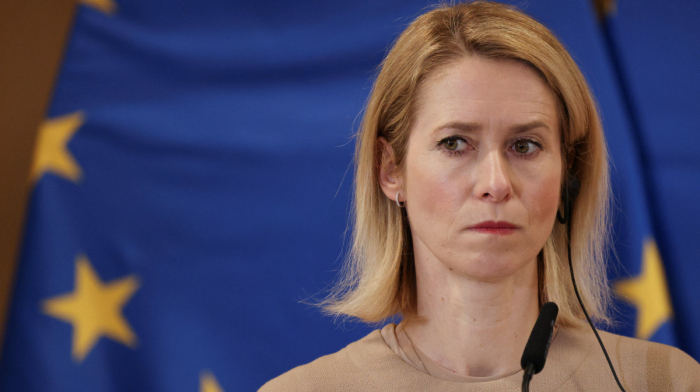
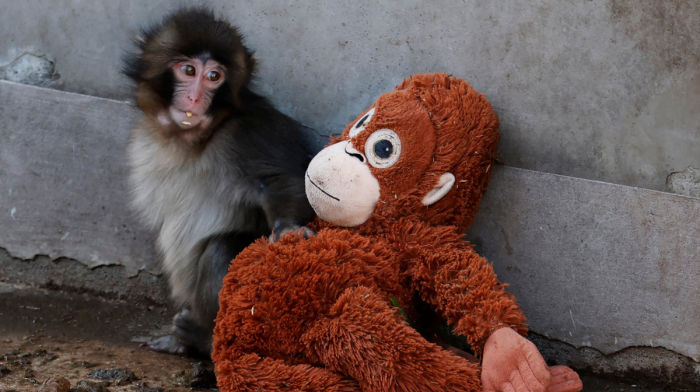
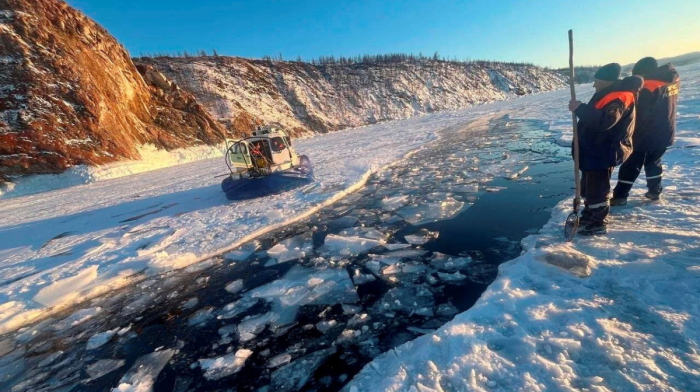
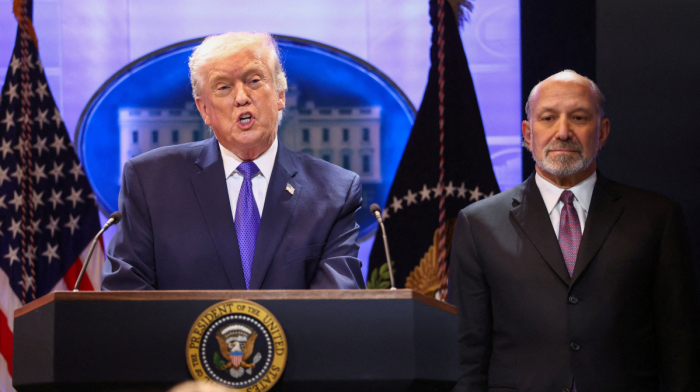
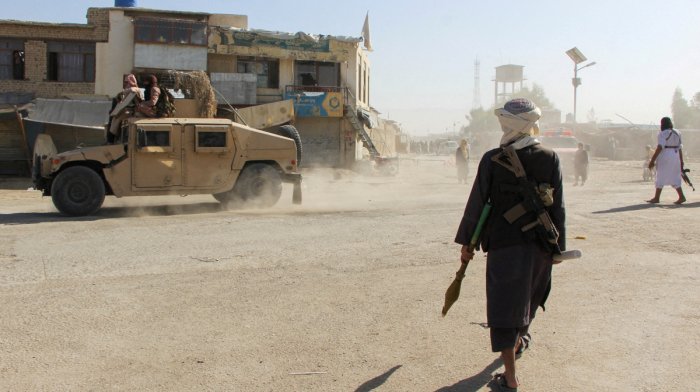
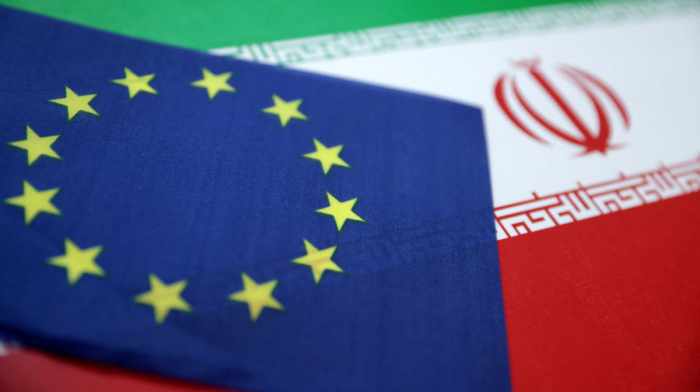



What is your opinion on this topic?
Leave the first comment